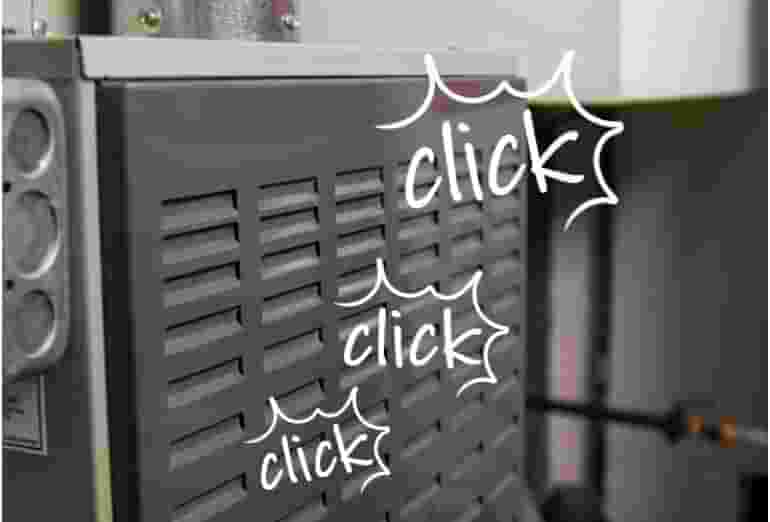Installing a geothermal heat pump system can seem complex, but with the help of Aire Serv of North Central Arizona, you'll breeze through the process. Our experts will assist you every step of the way, from initial investigation to installation and ongoing maintenance.
To achieve the perfect system, there are three key components that need to be installed or retrofitted: the heat pump (including the air handler and geothermal exchanger), the closed- or open-loop system, and the ductwork or distribution system.
Experience our Geothermal Heat Pump Repair Service
While the underground piping is virtually maintenance-free and durable for years, the heat pump unit and thermostat may require occasional repairs similar to conventional heating and cooling systems. Our skilled technicians in North Central Arizona specialize in addressing the following common geothermal system issues:
- Leaks
- Broken or damaged fan blades
- Scale buildup
- Broken or stuck valves
- Motor problems
Upgrade Your Heat Pump with our Professional Replacement Service
When your heat pump is beyond repair, rely on our expert Aire Serv of North Central Arizona technicians to expertly replace your unit. Whether it's a standard HVAC system or a geothermal heating and cooling system, we have the tools and knowledge to get the job done right.
Replacing a heat pump is a breeze for our skilled technicians. We understand the unique challenges that come with replacing underground components in a geothermal system, and we will tailor our approach based on your specific needs.
Maintaining Your Geothermal HVAC System: Essential Tips
To keep your geothermal HVAC system running efficiently and for its full lifespan, proper maintenance is essential. Routine maintenance ensures optimal performance and prevents potential issues from arising.
During an annual preventative maintenance appointment, our experienced technicians in North Central Arizona will conduct a thorough inspection of your system. They will:
- Check the heat pump/heat exchanger to ensure it is functioning properly.
- Verify the integrity of seals and connections to prevent any air leaks.
- Conduct a thorough examination to identify and address any potential leaks.
- Test and verify the functionality of the thermostat.
- And much more.
By investing in regular maintenance, you can enjoy the benefits of an efficiently running geothermal HVAC system while extending its lifespan. Trust the experts to keep your system in top-notch condition.
Frequently Asked Questions
Are all heat pumps geothermal?
No. Heat pumps may be air source, geothermal (ground- or water-source), or hybrid.
How does a geothermal heat pump work?
When you want to heat your home, geothermal heat pumps harness solar energy from a few feet below the earth’s surface or from a body of water. In a closed-loop system, pipes filled with a conducting liquid are buried below the ground in your yard or beneath your driveway. The liquid in the pipes is circulated through the heat pump in your home, bringing thermal energy from the ground, indoors.
When you want to cool your home, the heat pump works in reverse, absorbing hot, humid air and moving it underground to cool and dehumidify your home.
Do geothermal heat pumps work in cold climates?
Yes, and much more efficiently than air-source heat pumps. While the air temperature plummets in cold weather leaving the unit with less heat to harvest, underground temperatures stay pretty much the same throughout the winter months. Geothermal heat pumps are an excellent, highly efficient option for homeowners in cold or four-season climates.
How much does it cost to install a geothermal heat pump?
Geothermal systems are a significant investment, but many property owners note that they pay for themselves over time! The exact cost of installation will vary based on the type of system chosen.
Helpful Resources
 Click to call
Click to call



